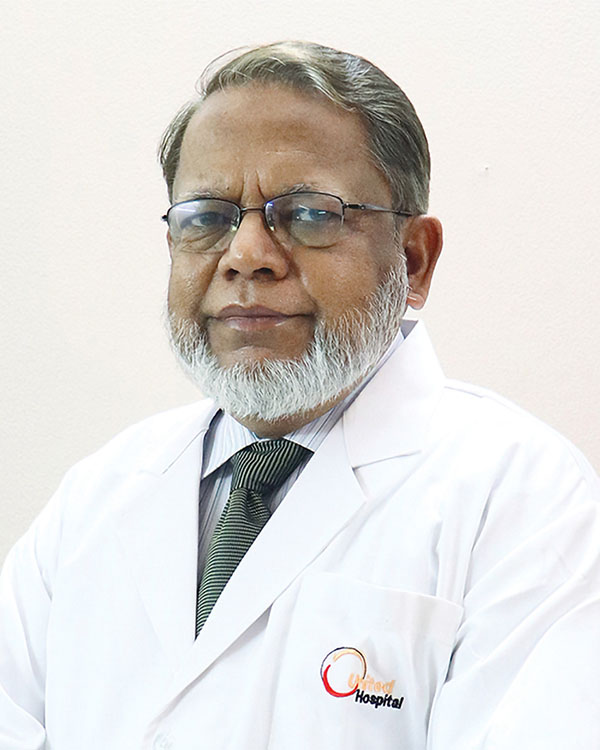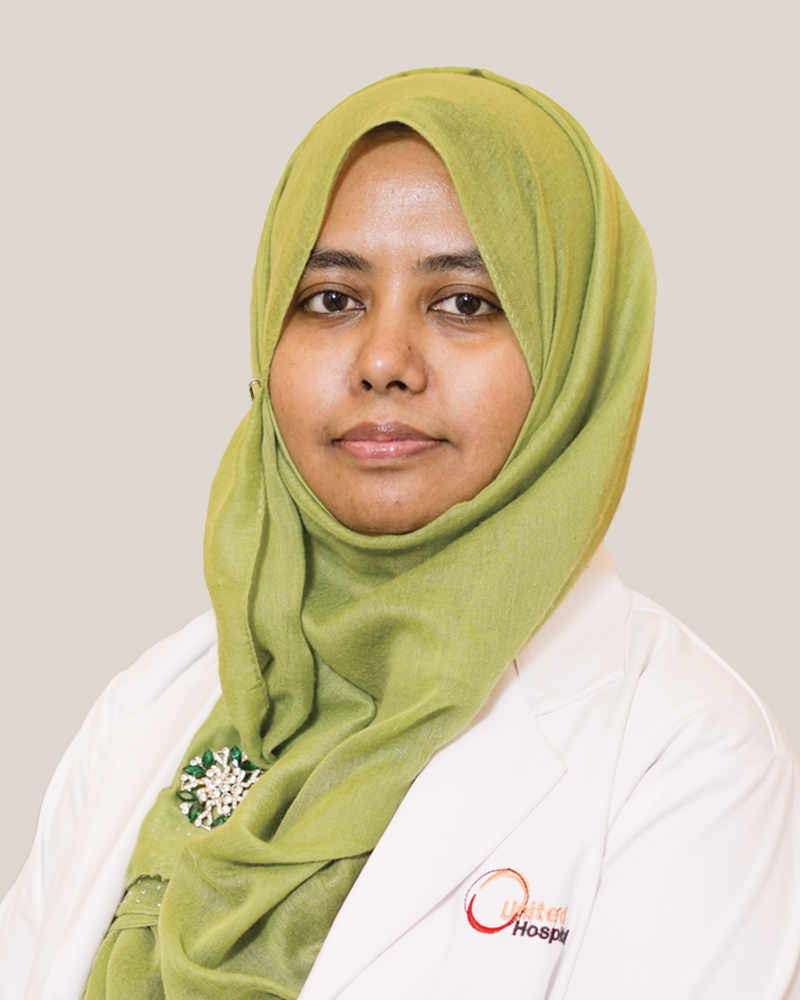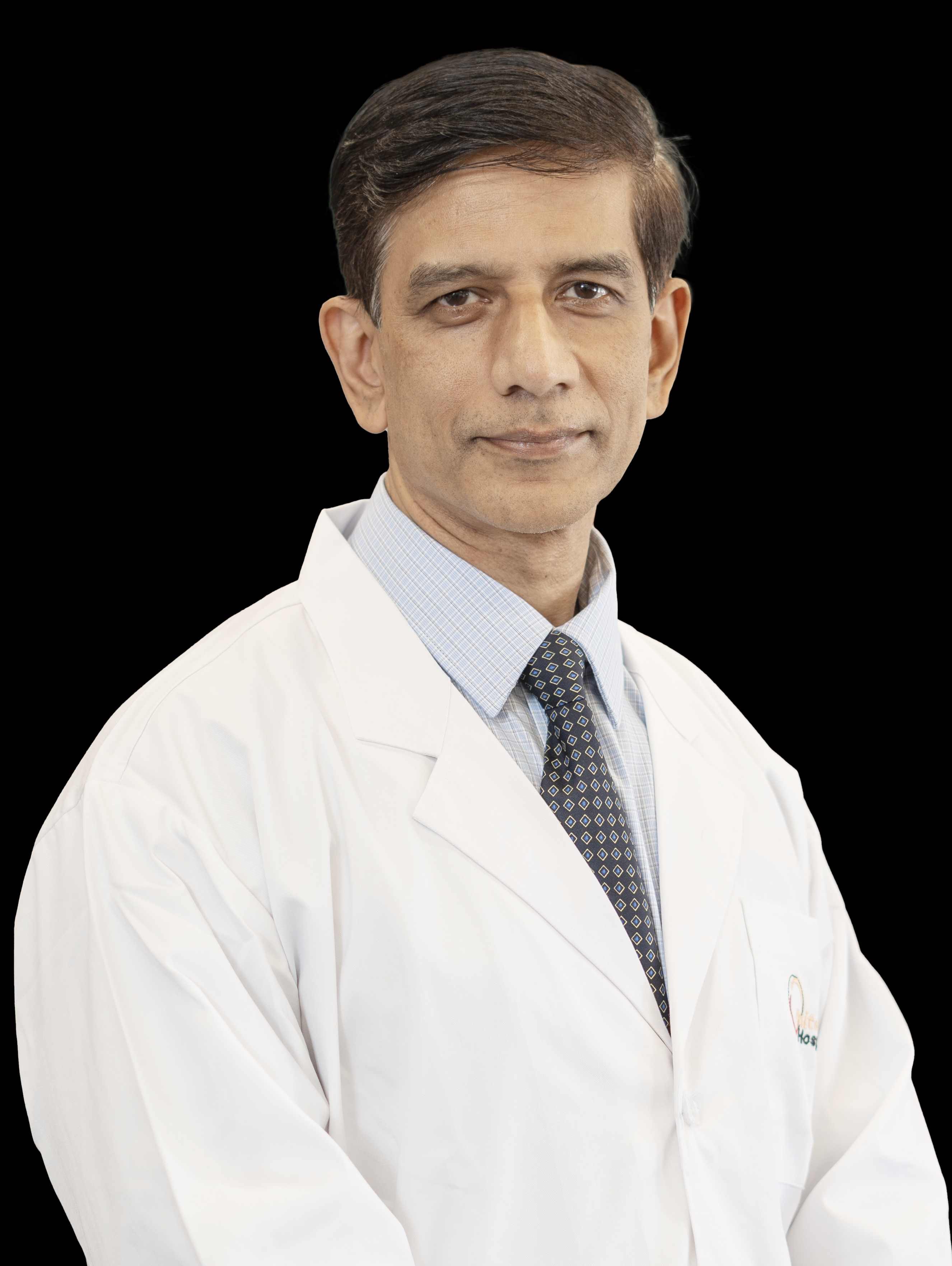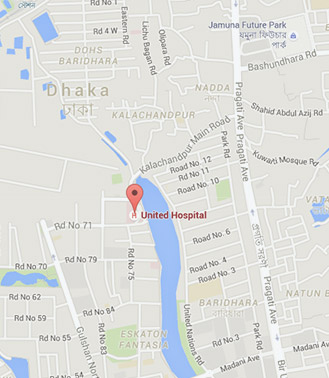We are the first to introduce Double Balloon Enteroscopy in Bangladesh
What is Double Baloon Enteroscopy
Double Balloon Enteroscopy (DBE) is a minimally invasive procedure that allows doctors to examine and treat the entire length of the small intestine. The small intestine is a long, tube-like organ that is responsible for absorbing nutrients from food. It is difficult to examine the small intestine using traditional endoscopy procedures, such as colonoscopy and upper endoscopy. This is because the small intestine is very long, about 22 feet and has many folds and curves.
DBE uses a special endoscope with two balloons at the tip. The balloons are inflated and deflated in a coordinated manner to move the endoscope through the small intestine. This allows doctors to visualize the entire length of the small intestine and identify any abnormalities.
DBE can be used to diagnose a variety of conditions, including:
- Inflammatory bowel disease (IBD), such as Crohn's disease and ulcerative colitis
- Tumors and polyps of the small intestine
- Celiac disease
- Bleeding from the small intestine
- Strictures (narrowings) of the small intestine
- Other rare small intestine disorders
DBE can also be used to perform therapeutic procedures, such as:
- Stopping bleeding from the small intestine
- Removing polyps from the small intestine
- Dilating (widening) strictures of the small intestine
How to prepare for Double Balloon Enteroscopy
Before DBE, you will need to fast for a period of time, usually 6-8 hours. This will help to empty your stomach and small intestine and make it easier for the doctor to visualize the lining. You will also need to take a bowel preparation medication to cleanse your large intestine. This will help to prevent any stool from blocking the view of the small intestine.
On the day of the procedure, you will be given anesthesia or sedation to keep you comfortable. The doctor will then insert the endoscope into your mouth or rectum, depending on which approach is best for you. The doctor will then inflate and deflate the balloons to move the endoscope through the small intestine.
The procedure typically takes about an hour. After the procedure, you will be monitored for a short period of time before being discharged home.
What to expect after Double Balloon Enteroscopy
Most people experience no significant side effects from DBE. However, some people may experience mild cramping, bloating, or gas. In rare cases, more serious complications, such as bleeding or perforation of the small intestine, can occur.
After DBE, you will need to avoid eating solid foods for a few hours. You can then resume your normal diet. You should also drink plenty of fluids to stay hydrated.
If you experience any unusual symptoms after DBE, such as severe pain, fever, or bleeding, be sure to contact your doctor right away.
Conclusion
Double Balloon Enteroscopy is a safe and effective procedure for diagnosing and treating a variety of small intestine disorders. If you are considering DBE, be sure to talk to your doctor about the risks and benefits of the procedure.









